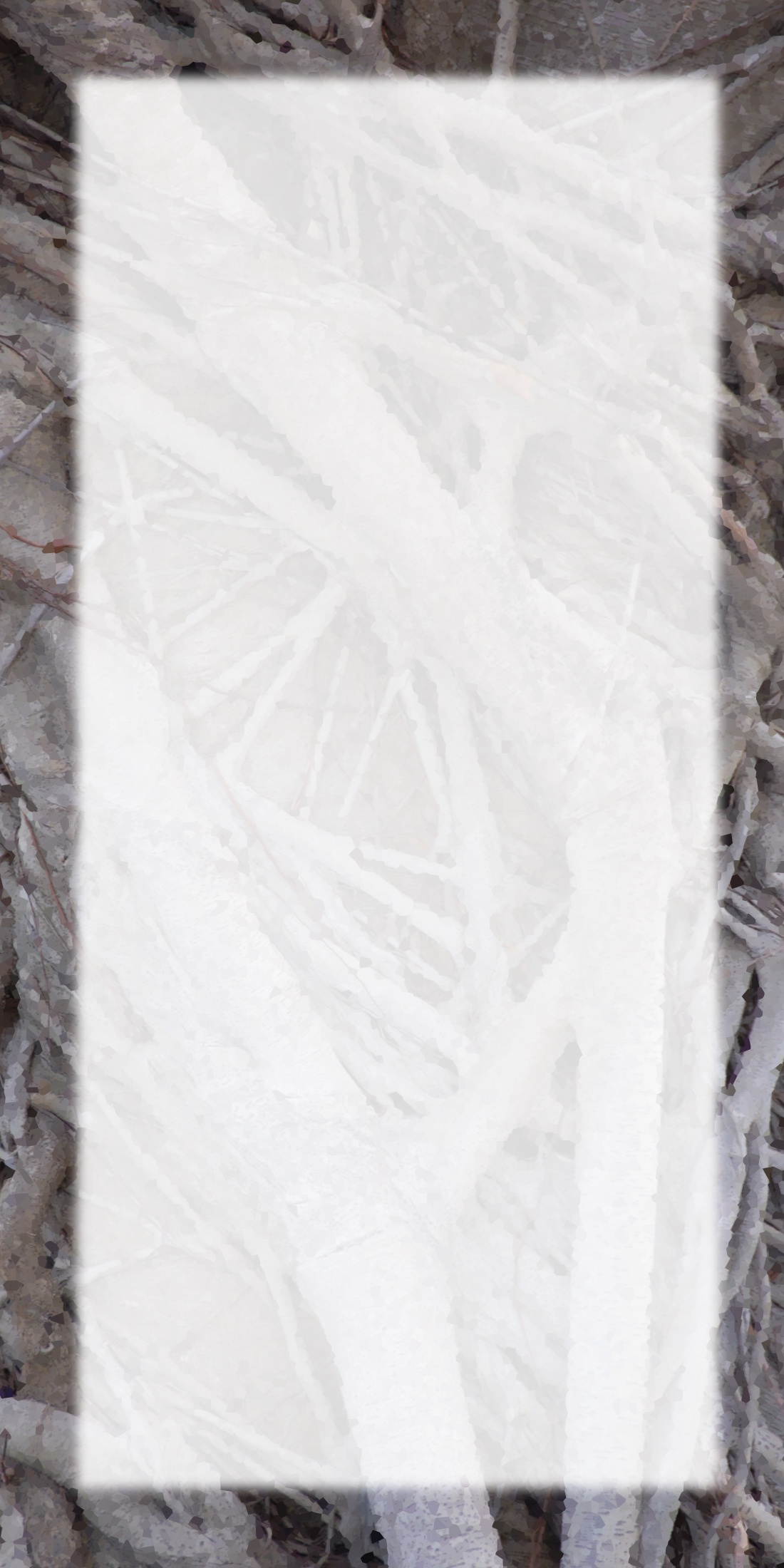Something Nice from London by Petina Gappah
The little boy in the orange shirt tells me that his grandmother says that his mummy is bringing him something nice from London. “Your mummy will bring you something nice from London too”, he asserts, with all the gravity of a child whose concerns coincide with those of the world. He runs off before I can reply, and I watch him tear up and down the observation platform that overlooks the arrival hall of our airport, the airport that promised so much but that has become another white elephant; its stately corridors popular with running children whose footsteps make empty echoes on the marble floors. The Chinese built this airport when the old one became too small for the tourists that poured into the county in their thousands. No tourists visit us now. Our almost total isolation means that we have no camera-toting, free-spending visitors to pour dollars and pounds, euros, yens and Yuan into our empty coffers. We have an international airport in name only; the twice-weekly flight to and from London provides the only direct link we have to the world beyond our continent.
We wait for the Friday morning flight from London now, as I stand with my mother and my brother Jonathan and his wife Mukai and watch through the transparent glass of the observation platform. Our sombre faces are out of place, surrounded by those that smile in anticipation, with mouths that laugh and fingers that point out to children, there they are, there she is, he is here at last; they arrived on time. My mother stares unseeing at the passengers below us who crane their necks to look up at the platform, anxious to catch a glimpse of a familiar face, arms waving and jangling with bracelets, faces broad with smiles. They have made an effort for the flight, the women in manicured wigs and weaves, their England clothes fitting well, their skin lightened by years, and maybe even by just as little as six months of living out of the heat and stress of poverty. Those receiving them have also made an effort, or maybe it is not such an effort. They will have been happy to put aside their quiet desperation to wear the shining joy of welcome. For these passengers bring with them more than their loved selves, they bring something nice from London, they bring the foreign money, the dollars and pounds that will be traded on the black market and guarantee a few more months of survival.
We wait two hours before Jonathan confirms with the airline that Peter is not on the flight. The flight from Johannesburg arrives next, and we resign ourselves to returning home. We exchange no words as we walk back to the car park; my mother between Jonathan and Mukai, and me two steps behind. The car radio bursts into life as soon as Jonathan starts the engine. A voice reminds us that the land is ours, it will not be taken from us again; the country will never be a colony again. The message is repeated three times in the twenty minutes that it takes Jonathan to drive us home. In between the repeated message come songs of histrionic patriotism, including one that I have not heard before in which the singer extols the President as a direct descendant of Christ and implores the Almighty to grant long life to him, to his wife and to his children. The sycophantic banality of the music is a welcome relief from the burden of finding the words to say to each other.
As Jonathan winds into the open driveway of our garden, the women gathered in the front of the house see us and begin a persistent keening. They are echoed by more women who pour out of the house, jumping in little paroxysms of grief. They cry out “Peter woye, nhai Peter, Peter kani, Peter, Peter, Peter, Peter.” They tear the air with their thousand Peters, each one a crescendo building onto the next. My paternal aunt MaiLisa outdoes them all as she hops first on one leg, then the other, bends low from her waist, raises herself and puts her hands on the head and wails with her face to the sky, tears streaming from her eyes as underarm sweat dampens the light-coloured fabric of her dress. She nearly fells my mother as she embraces her. She almost knocked me over yesterday, so that when I see her propelling herself towards me, I head off and envelop myself in the keening of the collected family daughters-in-law. They are the official criers, and they begin the ritual chanting and invocation of Peter’s name.
“We will not see him again, uhuu.”
“Why have you left us, oh my father, yuwi?”
“You have left us alone, and bereft, yuwi.”
“Regard your mother, she is bereft and inconsolable.”
“You are too cruel, Peter, come back Peter, kani.”
“Who shall care for us now that you have left, uhuu?”

